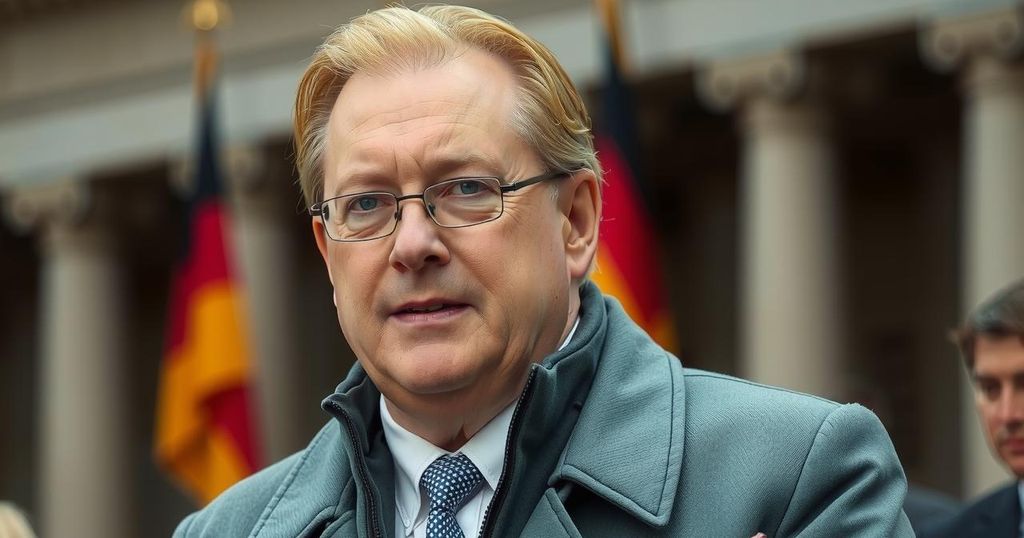Cars
World news
AFD, ALICE WEIDEL, ALTERNATIVE FOR GERMANY, ANTISEMITISM, ASIA, BERLIN, CHRISTIAN, CRITICISM, ELON MUSK, EUROPE, EUROPEAN UNION, GERMAN ALTERNATIVE FOR GERMANY, GERMANY, HITLER, HOFFMANN, IMMIGRATION POLICY, OPPOSITION CRITICISM, POLITICS, SRI LANKA, TESLA, U. S, WELT AM SONNTAG
Marisol Gonzalez
0 Comments
Germany Accuses Elon Musk of Interfering in Parliamentary Elections
Elon Musk faces accusations from German officials of attempting to interfere in the upcoming elections by supporting the far-right Alternative for Deutschland (AfD) party. His endorsements have drawn criticism amid concerns about foreign influence, particularly because of the AfD’s controversial reputation. Despite the backlash, Musk maintains his stance that the AfD can lead Germany to a prosperous future, challenging the efficacy of traditional political parties in the process.
German officials have accused Elon Musk of attempting to meddle in the nation’s upcoming parliamentary elections by endorsing the far-right Alternative for Deutschland (AfD) party. Musk has portrayed the AfD as a fiscally responsible alternative, praising its stance on taxation and regulation while defending it against allegations of extremism. His statements, notably made through social media and an op-ed in a reputable newspaper, have drawn sharp criticism, particularly for their timing just prior to elections set for February.
According to Christiane Hoffmann, spokesperson for the German government, Musk’s actions represent an overt attempt to influence the federal election, even though he is entitled to express his views. While Musk has been vocal in his support for the AfD, asserting that it could lead Germany to a prosperous future, many top German officials, including Health Minister Karl Lauterbach, denounce his endorsements as inappropriate and problematic.
Despite widespread condemnation from current and former American lawmakers and German authorities, Musk has continued to prioritize his message, challenging mainstream political parties in Germany and alleging that their policies have led to national decline. His claim that the AfD embodies a viable alternative has drawn attention to its controversial reputation, as the party is often linked to far-right extremism.
The recent accusations against Elon Musk stem from his visible support for the far-right political party Alternative for Deutschland (AfD), which is notably controversial in Germany due to its associations with extremist rhetoric and ideology. As Germany approaches snap parliamentary elections, Musk’s endorsements and statements have raised alarm among government officials regarding foreign interference in domestic politics, as they believe his messaging aims to impact voter sentiments. The AfD’s rejection of mainstream political collaboration further complicates the political landscape, with its positioning as a potential disruptor to traditional parties in the country.
In conclusion, Elon Musk’s endorsements of the Alternative for Deutschland party ahead of Germany’s elections have sparked significant controversy and allegations of foreign interference. As he continues to advocate for the party, German officials and commentators express concern regarding the implications of his comments in the context of national politics. As the elections approach, the dialogue surrounding Musk’s influence and the AfD’s role raises critical questions about the intersection of business, media, and politics.
Original Source: www.foxnews.com




Post Comment